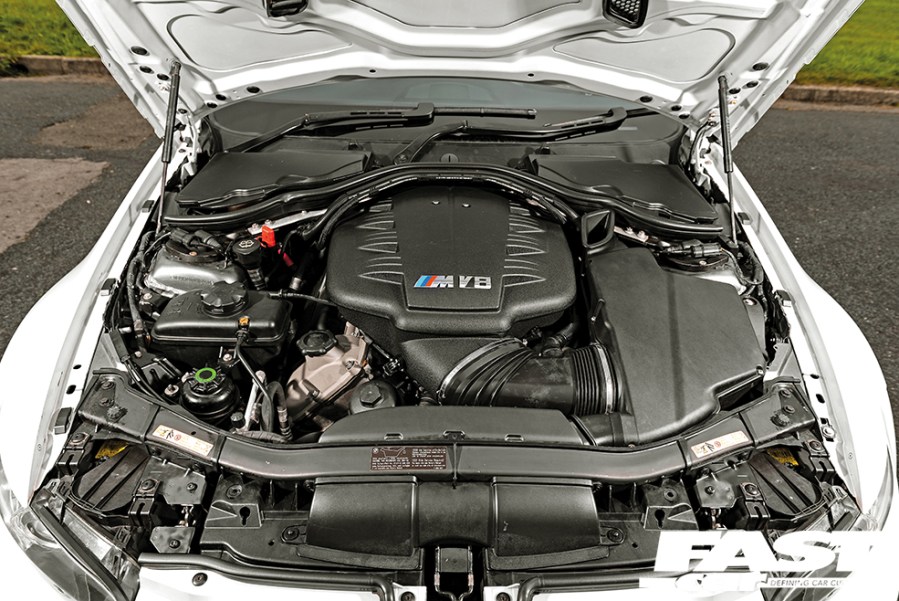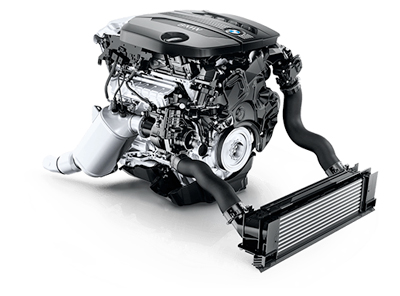A Comprehensive Guide to Comprehending BMW Engine Specs
A Comprehensive Guide to Comprehending BMW Engine Specs
Blog Article
Unveiling the Intricacies of Next-Generation Power Units: a Deep Study Advanced Engine Technologies and layouts
In the world of automotive engineering, the ruthless pursuit of efficiency, performance, and sustainability has moved the evolution of power units to unprecedented heights. As we stand on the precipice of a brand-new period in transportation, the intricacies of next-generation engine layouts bid us to check out the advanced technologies and innovations that promise to redefine the driving experience. From advanced products that push the boundaries of sturdiness and weight reduction to sophisticated turbocharging and turbo charging systems that raise power outcome to brand-new degrees, each element of these power systems holds an essential to unlocking the future of vehicle engineering. Diving much deeper into the worlds of emission control, intelligent engine administration systems, and the perspective of power system development, we locate ourselves on the cusp of an improvement that promises to improve the landscape of mobility as we understand it.
Evolution of Engine Materials

The change towards progressed engine materials has likewise made it possible for engineers to develop engines with greater power results while maintaining fuel effectiveness standards. For instance, the usage of light-weight products lowers the total weight of the engine, bring about improved gas economy and lower emissions. Additionally, improvements in products technology have actually enabled for much better thermal management within engines, resulting in boosted reliability and durability.
Turbocharging and Supercharging Technologies
Just How do Turbocharging and Supercharging Technologies change engine performance and efficiency in contemporary vehicles? Turbo charging and turbocharging are innovations that considerably enhance engine performance by raising the quantity of air intake right into the combustion chamber. Turbocharging accomplishes this by utilizing a turbine driven by exhaust gases to pressurize the intake air, while turbo charging utilizes a belt- or chain-driven compressor to achieve the exact same impact.
These technologies make it possible for smaller, extra fuel-efficient engines to create power equivalent to bigger ones, called downsizing. Forcibly more air right into the cylinders, supercharging and turbocharging boost combustion performance, resulting in raised horsepower and torque result without a considerable rise in engine size. This brings about better velocity, lugging capacity, and total driving efficiency.
Furthermore, supercharging and turbocharging add to boosted fuel performance by allowing the use of smaller sized engines that consume less fuel under normal driving conditions - bmw engine. This mix of boosted performance and efficiency has actually made turbocharging and turbo charging essential parts of many modern engine styles
Discharge Control and Environmental Impact
With boosting international concerns concerning air high quality and ecological sustainability, the execution of emission control innovations in automobiles plays an essential function in lowering harmful contaminants launched into the atmosphere. Modern cars are furnished with advanced exhaust control systems that assist lessen the environmental effect of vehicle operations. Catalytic converters, for example, are made to transform poisonous gases such as carbon monoxide gas, nitrogen oxides, and hydrocarbons right into much less dangerous materials like co2 and water vapor.
Furthermore, advancements in engine modern technology, such i loved this as the assimilation of exhaust gas recirculation systems and discerning catalytic decrease, have actually significantly added to decreasing discharges. These innovations work in tandem to optimize combustion performance and decrease the launch of damaging pollutants into the air. Additionally, the development of crossbreed and electric vehicles stands for a vital action in the direction of decreasing the overall ecological footprint of the transportation sector.
Intelligent Engine Management Equipment

Moreover, these systems allow vehicles to satisfy stringent discharges requirements without endangering performance, providing a much more eco-friendly driving experience. The assimilation of man-made intelligence and equipment knowing capacities in engine administration systems remains to push the limits of what is possible, leading to more renovations in efficiency, dependability, and total automobile performance. bmw engine. As auto innovation breakthroughs, smart engine monitoring systems will play a critical function in forming the future of transportation towards a more sustainable and efficient direction
Future Trends in Power System Advancement
As intelligent engine administration systems lead the means for boosted control and optimization in contemporary automobiles, future patterns in power system growth are positioned to redefine the landscape of vehicle propulsion modern technologies. These different power sources provide improved effectiveness and efficiency while lining up with stringent environmental laws.
An additional considerable pattern is the assimilation of sophisticated products and manufacturing techniques. Light-weight materials such as carbon fiber and aluminum are being used to decrease total automobile weight, improving fuel performance and performance. In addition, innovations in 3D printing and additive production are allowing the production of intricate engine components with higher precision and durability.
In addition, fabricated intelligence and artificial intelligence are playing a critical function in optimizing power device performance. These modern technologies enable real-time surveillance and flexible control, resulting in more trusted and effective power distribution. On the whole, future patterns in power device advancement are tailored towards sustainability, efficiency, and efficiency, driving the automobile industry towards a new period of propulsion innovations.

Final Thought
In conclusion, the innovations in engine materials, turbocharging, exhaust control, and intelligent monitoring systems have led the way for next-generation power systems. These developments have not only enhanced efficiency and efficiency however also minimized ecological effect. As technology remains to advance, future patterns in power system growth are likely to concentrate on more improving sustainability and enhancing power result. The intricate styles and technologies in contemporary engines showcase the ongoing development of auto technology.
Checking out the progressive improvements go to this website in engine materials has actually been crucial in enhancing the performance and efficiency of modern engines. Over the years, the development of engine materials has played a critical function in pressing the borders of what engines can attain.The change in go right here the direction of progressed engine products has actually additionally enabled engineers to develop engines with higher power outputs while maintaining gas effectiveness standards.The implementation of intelligent engine management systems in modern-day lorries has actually reinvented the means engines are regulated and maximized for performance and efficiency. By collecting information in real-time and analyzing it with innovative formulas, smart engine administration systems can adapt to driving styles, ecological aspects, and engine health to make the most of power outcome while minimizing gas usage and exhausts.
Report this page